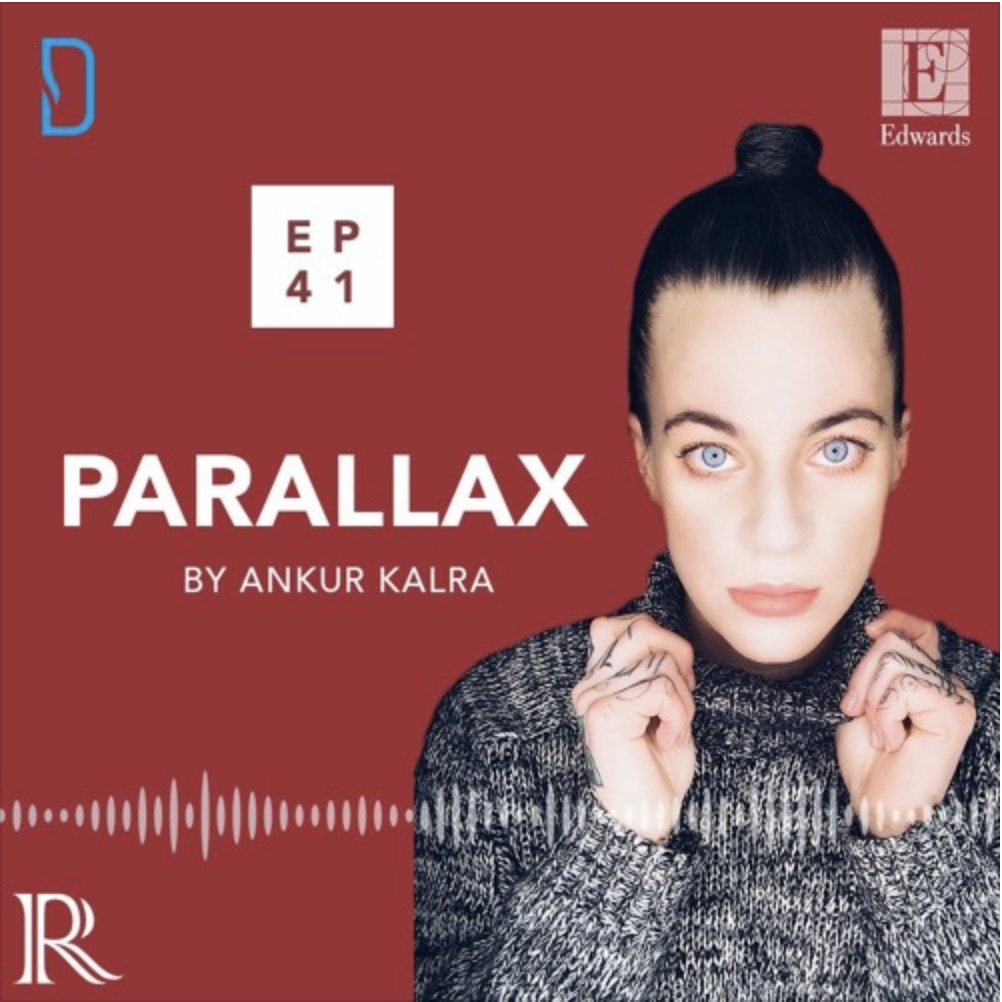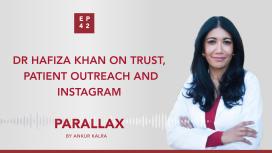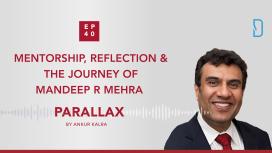
Mallory was not prepared when she underwent her first heart surgery in seventh grade: She was hoping to regain her stamina, instead she experienced what she describes as a loss of self. Mallory was born with a rare heart disease called a Ebstein’s anomaly.
In this powerful episode, Mallory Abbott recounts how she learnt to draw strength from her condition: She talks candidly about the realities of going into heart failure at age 25 and the moment when she decided to embrace herself. Ankur asks Mallory about her treatment path and her everyday experiences. They discuss the importance of having a routine and putting self-care first. Mallory shares her thoughts on social media as an asset for patient empowerment.
What does a day look like in Mallory Abbott’s life? How did she reframe her approach to her condition? What is the importance of routine? What is Mallory’s message for anyone living with a health condition?
Questions and comments can be sent to “podcast@radciffe-group.com” and may be answered by Ankur in the next episode. Guest @MazzyMystical, hosted by @AnkurKalraMD. Produced by @RadcliffeCARDIO.

Brought to you by Edwards: www.edwardstavr.com






Together, Dr Kalra and Dr Darlington delve into the significance of assessing volume status in patients with heart failure, highlighting its continued relevance in 2024, including the availability of new diagnostic tools, including the Heart Failure Management System (HFMS).
This series is supported by ZOLL and is intended for Health Care Professionals.





This series is supported by ZOLL and is intended for Health Care Professionals.

What drives Dr Nishtha Sodhi? What were the formative moments of Dr Sodhi’s career? What are the new frontiers of cardiology?



In this week’s episode Ankur’s guest is Dr Mandeep R Mehra, Medical Director of Brigham Heart and Vascular Center and Professor of Medicine at Harvard Medical School.

Which COVID19 patients require risk stratification with a stress test? What are the take-home messages for physicians taking care of patients diagnosed with COVID19? What were the key trials of 2020? What can we learn from the negative results of the STRENGHT study? How have studies like STOP-AF influenced clinical practice?





